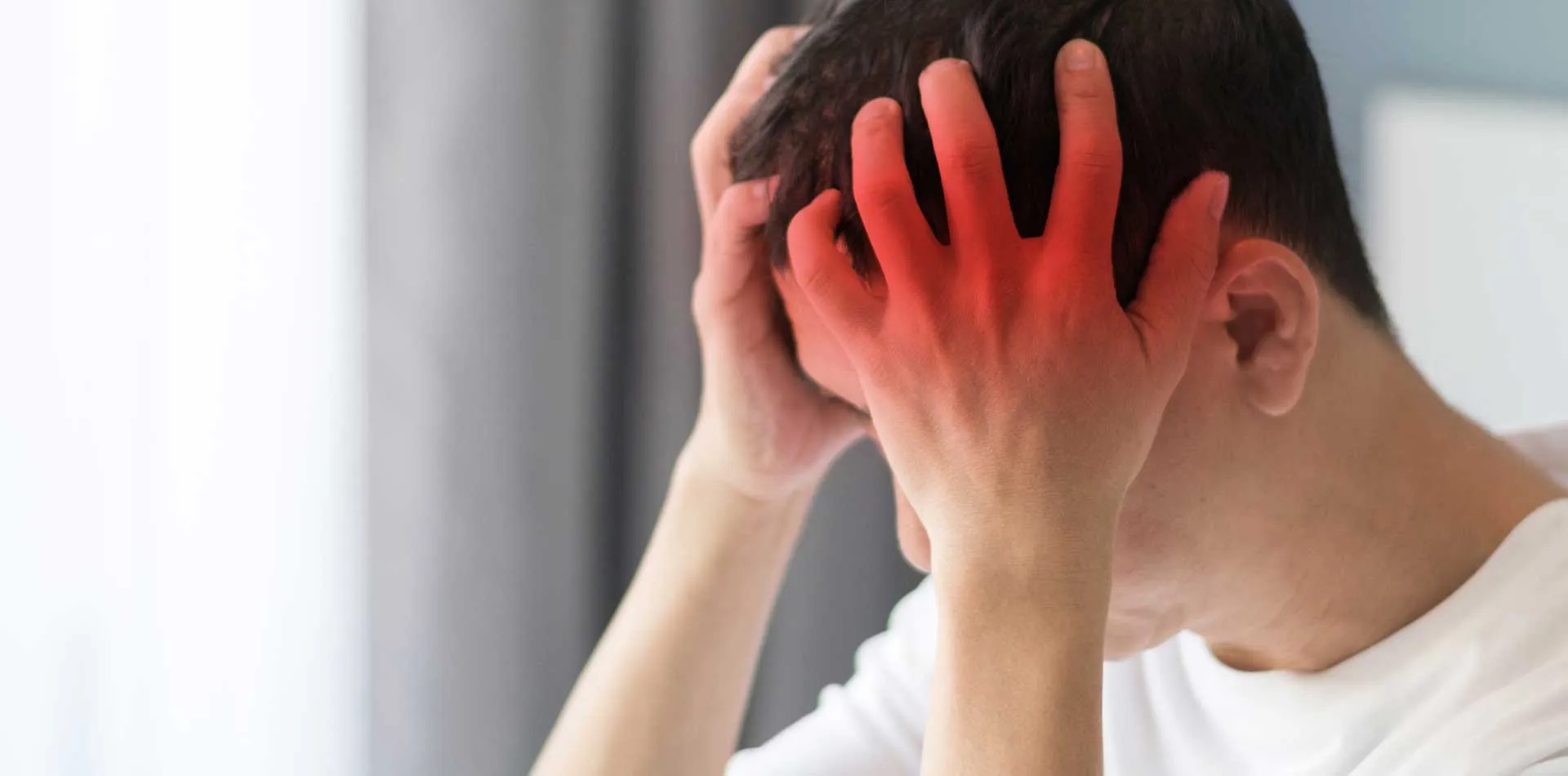
Tension-type headaches (TTH) are usually mild to moderate pain that feels like a tight band is worn around the head. Although its causes aren't well understood, treatments to manage such headaches require balance, practising good health habits, combining effective non-drug treatments, and appropriate medications.
The sign of tension-type headache includes dull, aching head pain, tenderness in the scalp, neck and shoulder muscles, a sensation of tightness or pressure across the forehead or on the sides and back of the head. The tension-type headaches are usually in two categories — episodic and chronic.
Episodic: Occurs from 30 minutes to a week, may happen from less than 15 days a month for at least three months. Frequent occurrences of such headaches may become chronic.
Chronic: May lasts for hours and is continuous and can occur for 15 days or more for at least three months.
It is challenging to differentiate between tension-type headaches and migraines, and if you have numerous episodic tension-type headaches, you can also have migraines. However, tension-type headaches cannot be associated with visual disturbances, nausea or vomiting. Physical activity usually aggravates migraine pain, but not tension-type headache pain. Increased sensitivity to light or sound can likely occur with a tension-type headache.
Talk to your doctor when tension-type headaches start to disrupt your daily life activities or when you take medication for headaches more than twice a week. Get a doctor's advice if you have a history of headaches, but the pattern changes or suddenly feel different. Some headaches can indicate a severe medical condition, like a brain tumor or rupture of a weakened blood vessel (aneurysm).
See the doctor in an emergency when you have an abrupt, severe headache, pain in the head with a fever, stiff neck, mental confusion, seizures, double vision, weakness, numbness or speaking difficulties or after a head injury, when the pain becomes worse.
Although it is considered that tension-type headaches happen from muscle contractions in the face, neck and scalp, usually resulting from heightened emotions, tension or stress, researchers hints that muscle contraction isn't the problem. Increased muscle tenderness happens due to sensitized pain system.
When chronic pain occurs, it usually affects job productivity, overall quality of life, and sometimes the ability to function is impaired.
Get some regular exercise, like biofeedback training and relaxation therapy, to aid you to combat your stress.
• Biofeedback training can help manage body responses that support reducing pain with the help of devices that monitor and provide feedback on body functions like muscle tension, heart rate and blood pressure. Learn to reduce muscle tension, slow your heart rate and breathe.
• Cognitive behavioral therapy helps to manage stress and reduce the incidence and severity of headaches.
• Use relaxation techniques like deep breathing, yoga, meditation and progressive muscle relaxation to manage your headaches.
• Medications and stress management techniques help in reducing your tension-type headaches.
• Also, adopt a healthy lifestyle with adequate sleep, quit smoking, exercise regularly, eat balanced meals, plenty of water, and reduce alcohol, caffeine, and sugar intake.
Patient Experience